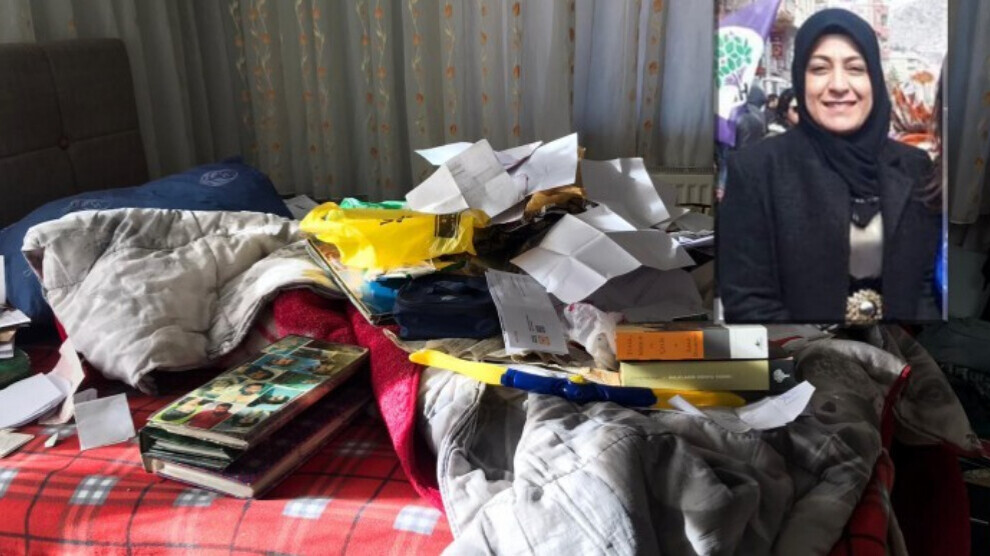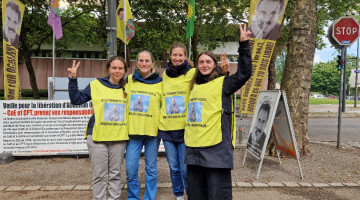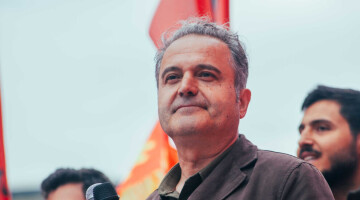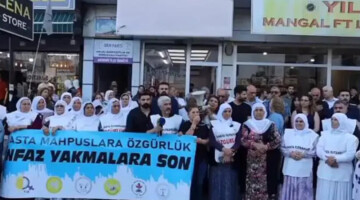Van Police Department TEM Branch Police raided several houses last May and detained MEBYA-DER co-chair Gülistan Önver, and executives Aziz Öner, Cevdet Bilekçi, Ceyda Dindar, Mahmut Dindar, Gülistan Önver, Cihat Aksu, Emine Şaybak, Halil Karakoç, Halime Süslü, İsa Demirağaç, Kamuran Çiftçi, Muhsin Demir, Nebi Kaçak, Nuhi Alici, Savaş Encü, Süreyya Azbağ and Şevket Kaplan.
Many of them were later sent to prison charged with "membership of an armed terrorist organization".
In the indictment issued seven months after the arrests, Van Public Prosecutor's Office argued that MEBYA-DER is the continuation of MEYA-DER, which was closed in 2016 by statutory decree.
The Prosecutor's Office considers Article 1 of the Association's statute as a 'crime': "To investigate the fate and causes of death of persons who lost their lives, disappeared or were never heard from due to armed conflict, torture and unsolved murders other than normal causes of death in Turkey".
In addition, the prosecutor said that "members of ‘certain families’, especially when the HDP wins the elections, are prioritized among the personnel to be recruited into the municipality. If the municipal elections are not won by the HDP, job opportunities are offered by wealthy businessmen."
The Prosecutor also considered a crime the participation of members of the association to funerals and burials. In fact, this is the purpose of the establishment of this association. MEBYA-DER also paid for tombstones and funeral ceremonies, and this is considered a crime. Condolence visits to PKK guerrilla’s families are also considered a "crime" and a continuation of the same line "of thought, action and discourse [of the PKK]".














